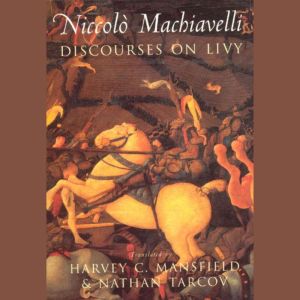About Niccolò Machiavelli
Considered one of the great early political analysts, Niccolò Machiavelli is a historical figure in the turning point from the Middle Ages to the Modern World. He was born in Florence, Italy, on May 3, 1469. He was the second son of Bernardo di Niccolo Machiavelli, a lawyer of some repute, and of Bartolommea di Stefano Nelli. Both parents were members of the old Florentine nobility.
In Machiavelli's youth, Florence was a great Italian power under the leadership of Lorenzo de' Medici, Il Magnifico. In 1494, the downfall of the Medici and the establishment of a free republican government gave Machiavelli his entrance into politics. After four years in a minor post, he rose to chancellor and secretary to the Second Chancery, the commission that oversaw military matters and foreign affairs.
However, the republic collapsed in 1512, and the Medici returned to power. Although Machiavelli vainly hoped to serve the new rulers, he was dismissed from his post. Shortly thereafter, having been accused of involvement in a conspiracy against the Medici, he was imprisoned and tortured before being released.
For the next eight years, Machiavelli lived quietly at his small property in San Casciano, near Florence, and he devoted himself to literature. Here he wrote The Prince, his most famous work, which, ironically, he dedicated to the very man who had ordered his imprisonment in hopes of regaining his lost office.
Gradually, his literary fame grew, and he returned to Florence in 1520, where he became involved in the attempt to reform the city's constitution. This was the height of Machiavelli's literary activity and increasing influence. Coincidentally, he died within a few weeks of the second expulsion of the Medici in 1527, at the age of 58.



